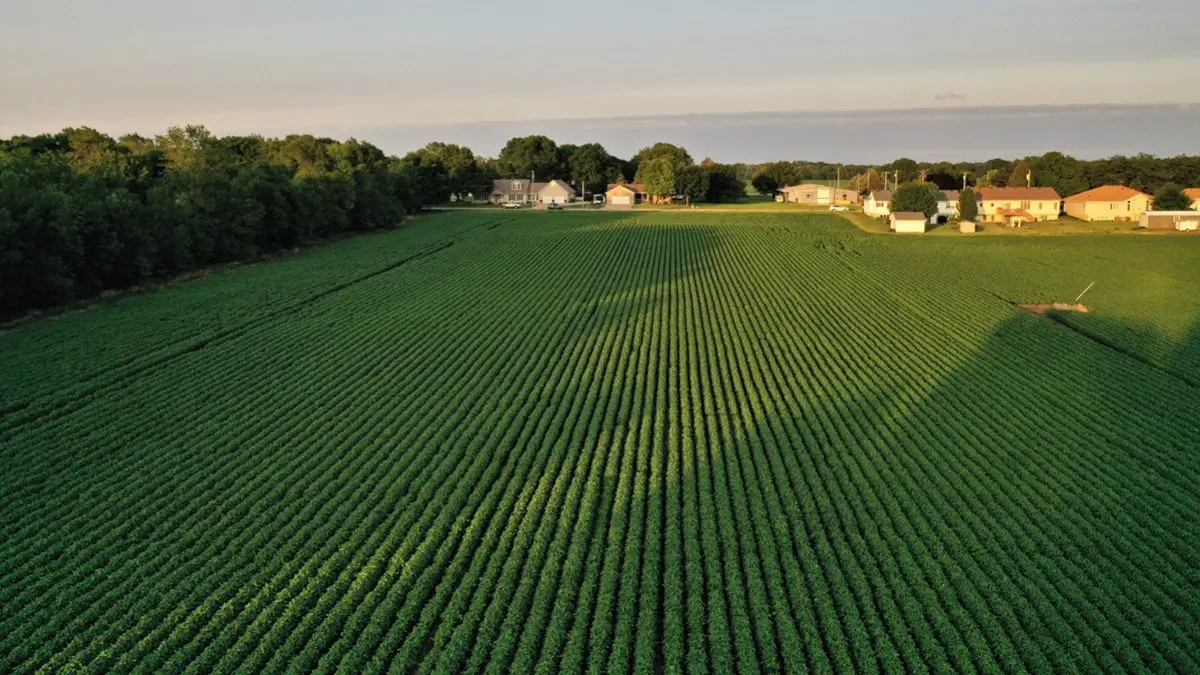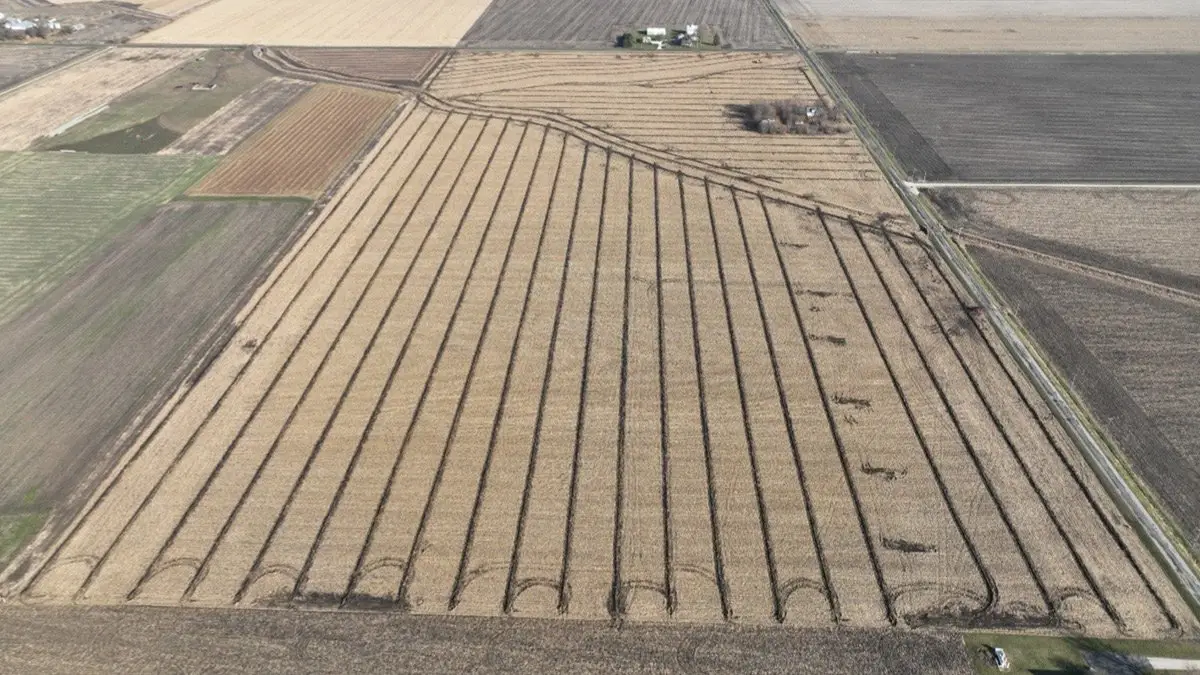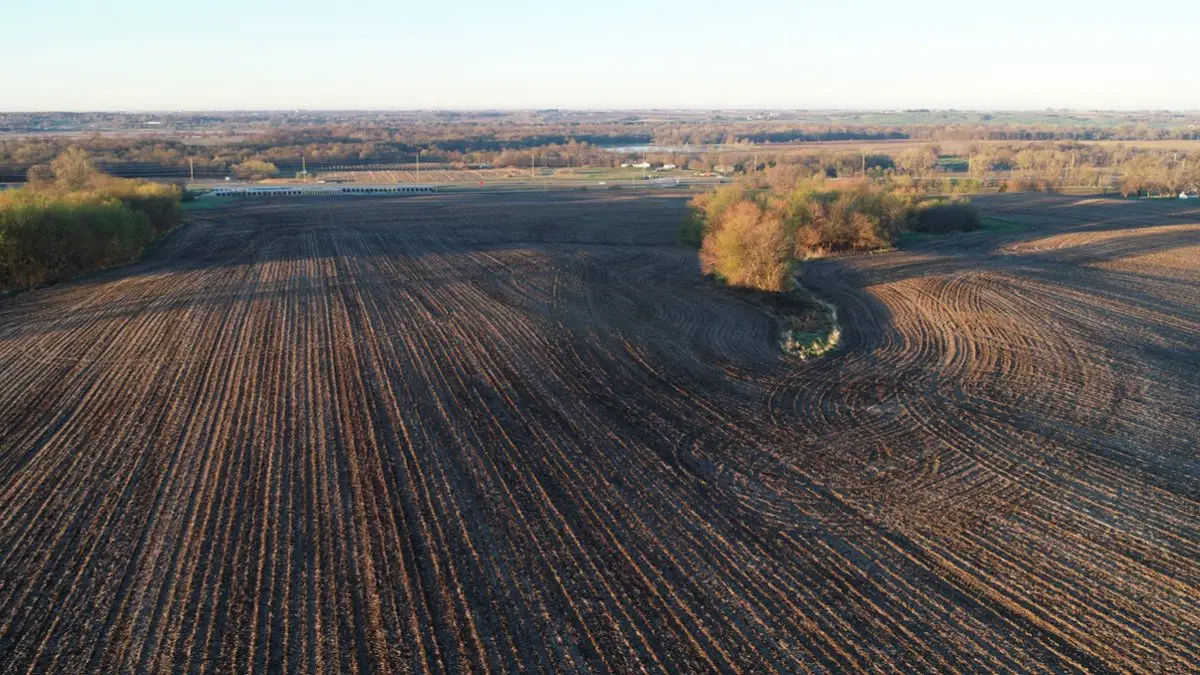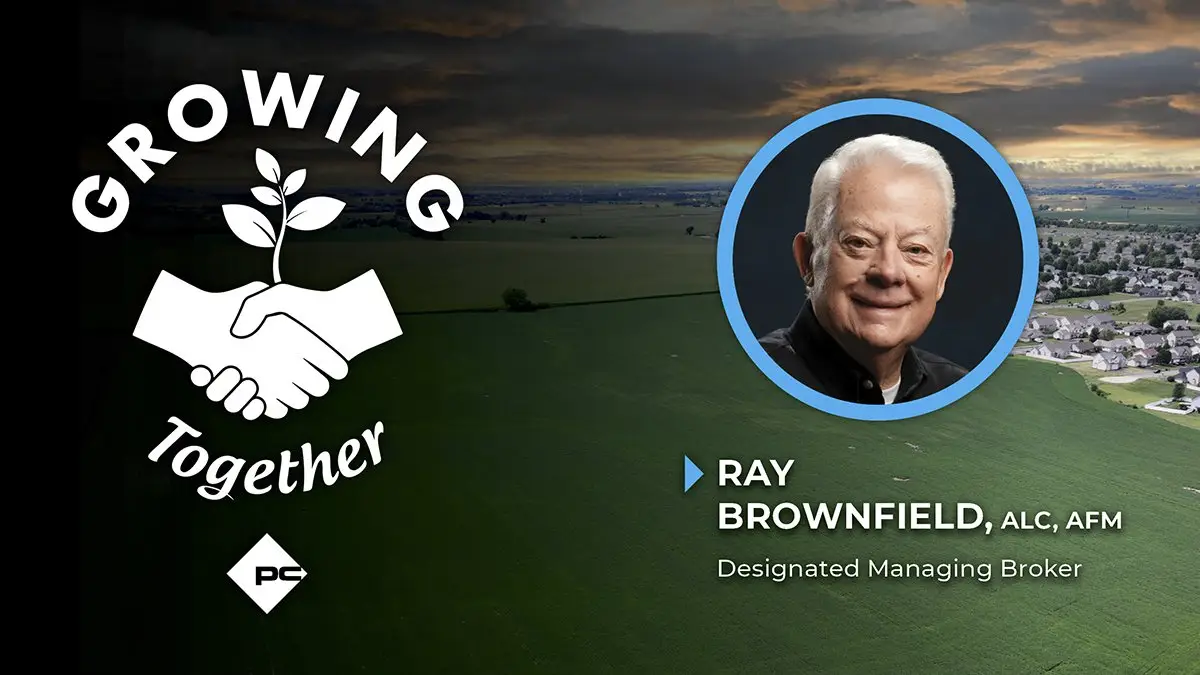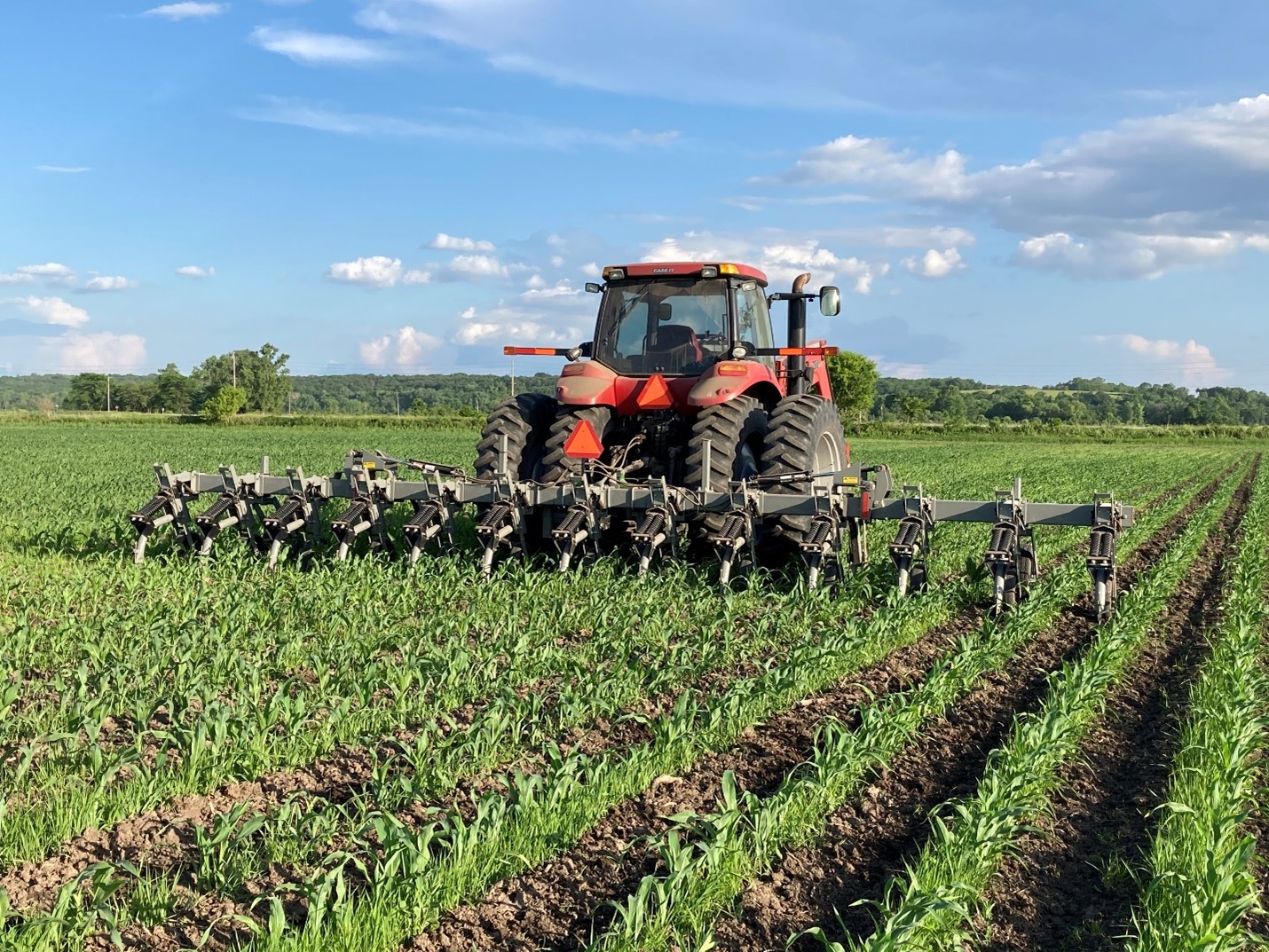
Peoples Company Land Management strives to stay current with agricultural trends and provide a high level of expertise to the clients we serve. Farming and farmland ownership can be overwhelming at times, and with alternative revenue streams more relevant than ever (wind, solar, carbon markets, organics, etc.), our goal as your farmland fiduciary is to simplify the process and maximize your opportunity.
As trends shift in the global food system, a conversation we often have with landowners is the viability of organic production on their farmland assets. While it’s a great question and a growing trend, organic production is not “one size fits all”, and the answer to the question requires a strategic, case-specific approach. Organic crop production requires multiple unique factors to come together, and one missing pillar can cause the whole thing to collapse.
Before deciding if organic is right for your farm, you might be wondering why a landowner would be interested in organic in the first place. While organic agriculture is nothing new, shifts in global consumer trends have certainly made it a hot new buzzword within the last few decades. The two main attractions to organic for both landowners and operators is profitability and reduced reliance on synthetic pesticides and fertilizers. First, organic production requires significantly more management, equipment, and labor, but only constitutes a small amount of global production. The crops produced can achieve a 30%-40% premium over conventionally grown crops in the marketplace. This equates to higher incomes for the operator and higher rents for the landowner. The second reason is the eliminated reliance on synthetic chemicals and fertilizers. Organic crops must be grown with natural fertilizers, natural pest control methods, and non-GMO seeds. This creates a more natural production cycle that once again, consumers are willing to pay a premium for at the supermarket.
As previously mentioned, organic crop production consists of multiple unique pillars, and they all need to come together to support sustainable, profitable organic production. Below are some questions we discuss with interested landowners before putting an organic lease in place. The questions below can be approached as “if-then” scenarios. Example: If there are organic operators in the area, how is the farmability, where are the markets, how is the climate, etc.
- Organic Operators: Are there existing operators in the area that are already farming organically? What types of crops are they growing and are they looking to expand their operation? If so, chances are organic production practices work and markets, fertility, etc. aren’t too far away.
- Organic Markets: No matter what you produce, you need to be able to sell it and need to turn a profit. Since organics are a significantly smaller percentage of U.S. production, organic markets for commodities can be more challenging to find. However, the premium organic crops generate can offset the cost of trucking the product additional miles to the end-user or processor.
- Organic Fertility: Growing a crop requires land, air, water, sunlight, and nutrients. The challenge with organics is fertilizer must be in organic form, and the most common is livestock manure or compost. While manure seems like an abundant resource, the large quantities required for organic make it difficult to source and costly to transport. Ideal organic fertility consists of poultry litter, followed by hog manure, cattle manure, and lastly compost.
- Drainage/water management: This pillar is geographical and will vary on your location. Since no synthetic herbicides or pesticides are permitted in organics, weed controls and farming practices need to be timely and frequent. In the upper Midwest, a big concern is farm drainage. A well-drained farm not only promotes higher yields, but also allows earlier access after a rain event to control weeds and complete field operations. In more arid regions of the U.S., drainage is less important but the ability to time irrigation/supplemental water is crucial to controlling weeds while promoting crop yields.
- Farmability: While you won’t find the definition of farmability in the dictionary, the term speaks for itself. The ability to be farmed. In organics, this takes the definition even further. In conventional agriculture, sprayers and chemicals can adapt and navigate around odd-shaped fields, obstacles, and varying terrain. In organics, weed control is mechanical and operators need to follow rows and work efficiently. The more turns and obstacles in a field, the less efficient the operator is, and the more crop is destroyed. The ideal organic field is flat, square or rectangular in shape, and has no obstacles or ditches within the field creating challenges for weed control.
- Topography: Topography and slope are crucial to organic production. Since weed control is completed mechanically with tillage, this means the soil is disrupted often and exposed to the elements during the growing season. Increased tillage can lead to accelerated erosion and runoff during rain events. Rolling farms with steep grades will experience more erosion under organic practices, so the flatter to gently rolling farms are better suited for the increased tillage organic entails.
- Crop Insurance: Multi-peril crop insurance is an essential risk management tool in all facets of agriculture and helps mitigate losses in a bad year. Before pursuing organic, crop insurance options should be evaluated and make sure they are consistent with estimated yields, prices, and the cost of production. Many U.S. counties have a separate T-yield and prices for organic crops, and exposure should be calculated off those parameters to ensure adequate coverage. Ideally in organic production, you are insuring a profit instead of mitigating risk.
- Climate: Climate, different from weather, is the prevailing weather conditions for a given region over a long period of time. The climate requirements will vary on the crops you plan to grow, but ideally, you will have adequate windows for fieldwork and a winter freeze/frost season to control above and below-ground pests. Without a winter freeze cycle: weeds, insects, and other pests can live year-round and create additional challenges.
Each checkbox above is a pillar, and the more pillars you have under you, the stronger your opportunity for success.
Organic farming requires a strategic approach, systematic operations, and a lot of thinking outside the box. Each pillar above is important, but not essential and can be worked around depending on which pillars have remaining. If you are interested in organic production on your farm, Peoples Company’s team of land managers is ready to help you navigate everything the journey entails, from finding an operator and negotiating a lease, to selling organic grain and certifying your farm. Just one more way we continue to provide value to the landowners we serve and the industry we represent.
If you think organics are right for your farm or would like to know more about organics in general, email Management@PeoplesCompany.com or call 515.222.1347 to speak with a land manager today!




